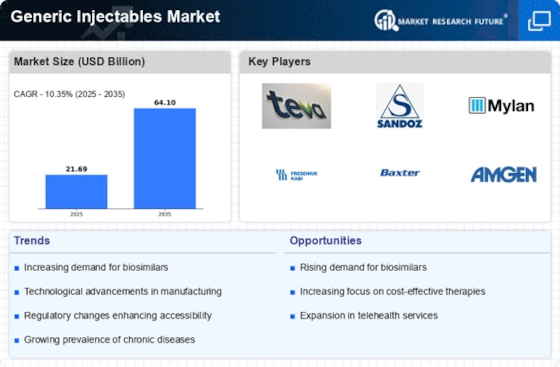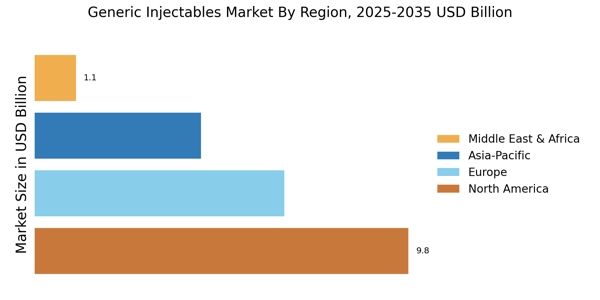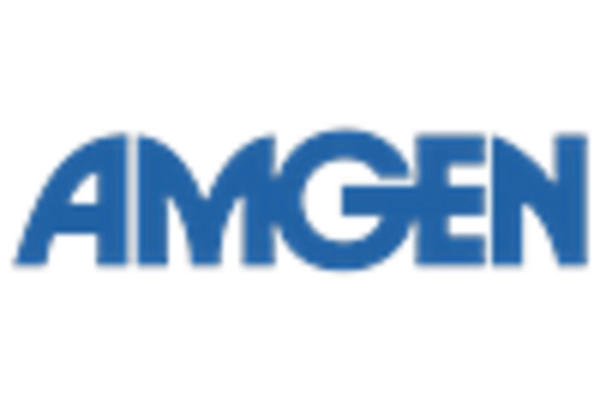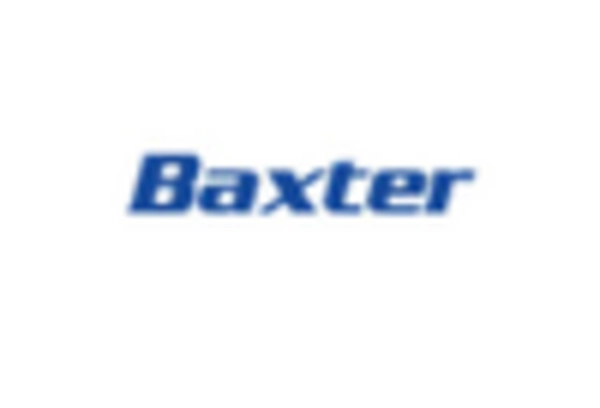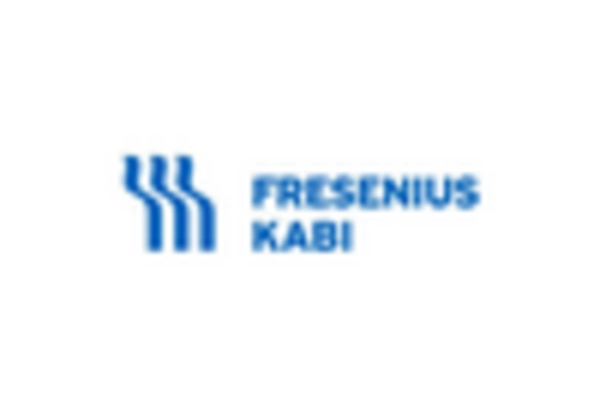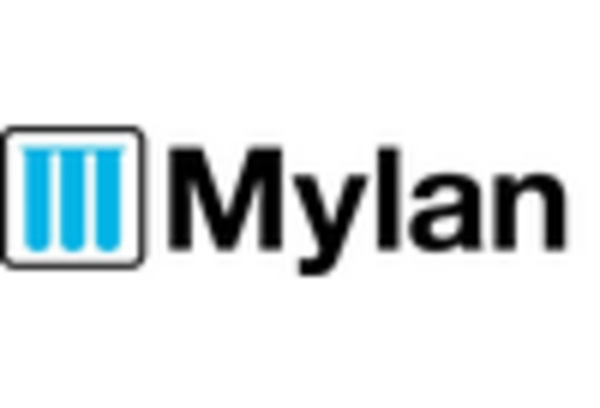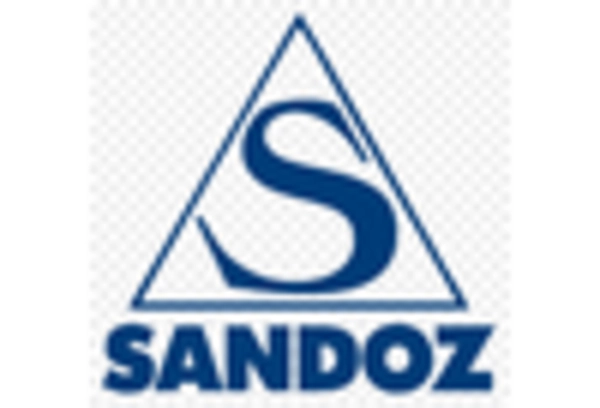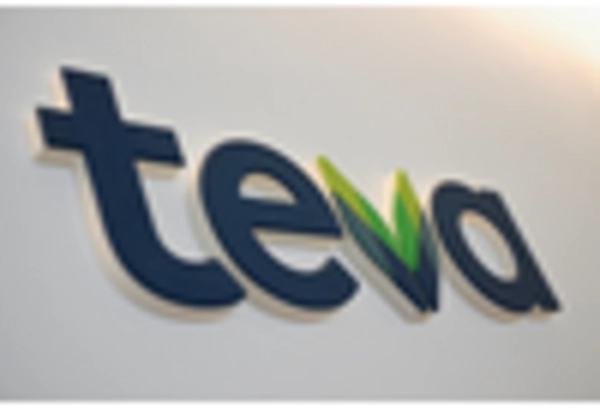Regulatory Support for Generic Drugs
Regulatory frameworks that support the approval and market entry of generic drugs are instrumental in shaping the Generic Injectables Market. Agencies such as the FDA have established streamlined pathways for the approval of generic injectables, which facilitates quicker access to these medications. This regulatory support not only enhances competition but also encourages innovation in the development of new formulations. As a result, the Generic Injectables Market is likely to experience accelerated growth, as more manufacturers enter the market with affordable alternatives to branded injectables. The favorable regulatory environment is expected to foster a diverse range of products, ultimately benefiting patients and healthcare providers.
Growing Focus on Preventive Healthcare
The shift towards preventive healthcare is influencing the Generic Injectables Market. As healthcare systems increasingly emphasize prevention and early intervention, the demand for vaccines and prophylactic treatments is on the rise. This trend is particularly relevant in the context of infectious diseases, where injectable vaccines play a crucial role in public health. The growing awareness of the importance of preventive measures is likely to drive the demand for generic injectables, as healthcare providers seek affordable options to ensure widespread immunization. This focus on prevention not only enhances patient outcomes but also contributes to the overall growth of the Generic Injectables Market.
Cost-Effectiveness of Generic Injectables
Cost considerations play a pivotal role in the Generic Injectables Market. Generic injectables are typically priced lower than their branded counterparts, making them an attractive option for healthcare systems and patients alike. The price difference can be substantial, with generics often costing 30 to 80% less than branded drugs. This affordability is particularly crucial in regions with limited healthcare budgets, where the demand for cost-effective treatment options is paramount. As healthcare providers and payers increasingly prioritize cost containment, the Generic Injectables Market is poised for growth, driven by the need for accessible and economical therapeutic solutions.
Increasing Prevalence of Chronic Diseases
The rising incidence of chronic diseases such as diabetes, cancer, and cardiovascular disorders is a primary driver for the Generic Injectables Market. As these conditions require long-term treatment, the demand for injectable medications is expected to surge. According to recent data, chronic diseases account for approximately 70% of all deaths worldwide, necessitating effective and affordable treatment options. This trend is likely to propel the growth of the Generic Injectables Market, as healthcare providers seek cost-effective alternatives to branded injectables. The increasing patient population and the need for continuous medication management further emphasize the importance of generic injectables in addressing these healthcare challenges.
Technological Innovations in Drug Delivery
Advancements in drug delivery technologies are transforming the Generic Injectables Market. Innovations such as prefilled syringes, auto-injectors, and microneedle systems enhance the convenience and efficacy of injectable medications. These technologies not only improve patient compliance but also reduce the risk of medication errors. As the healthcare landscape evolves, the demand for user-friendly and efficient drug delivery systems is likely to increase. Consequently, the Generic Injectables Market stands to benefit from these technological advancements, as manufacturers invest in developing innovative solutions that meet the changing needs of patients and healthcare providers.


